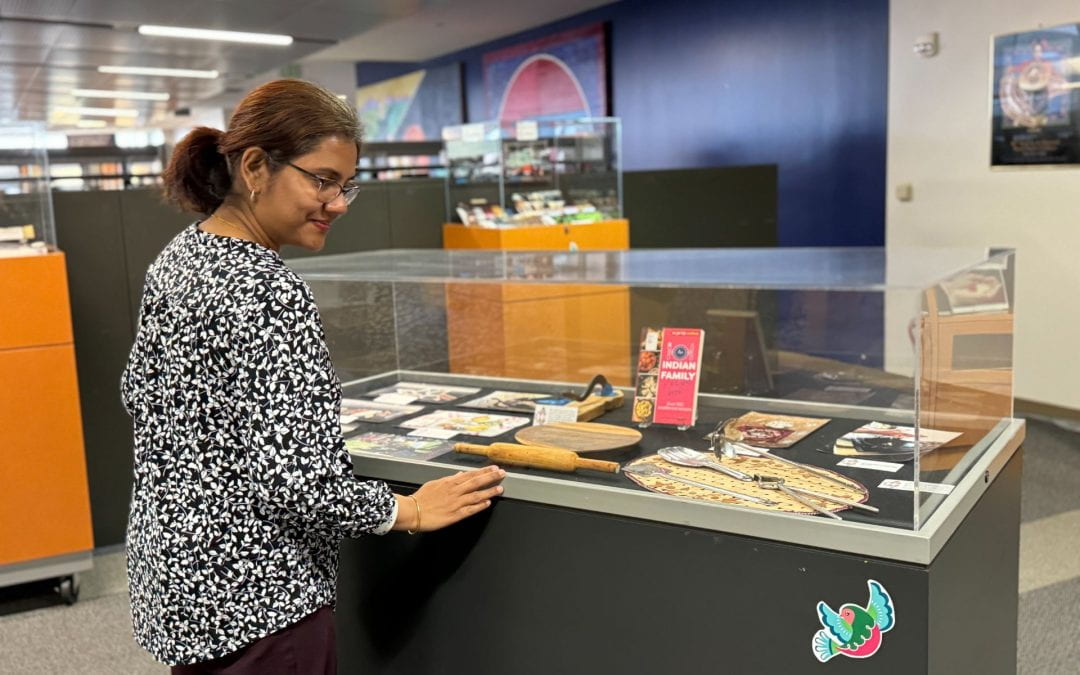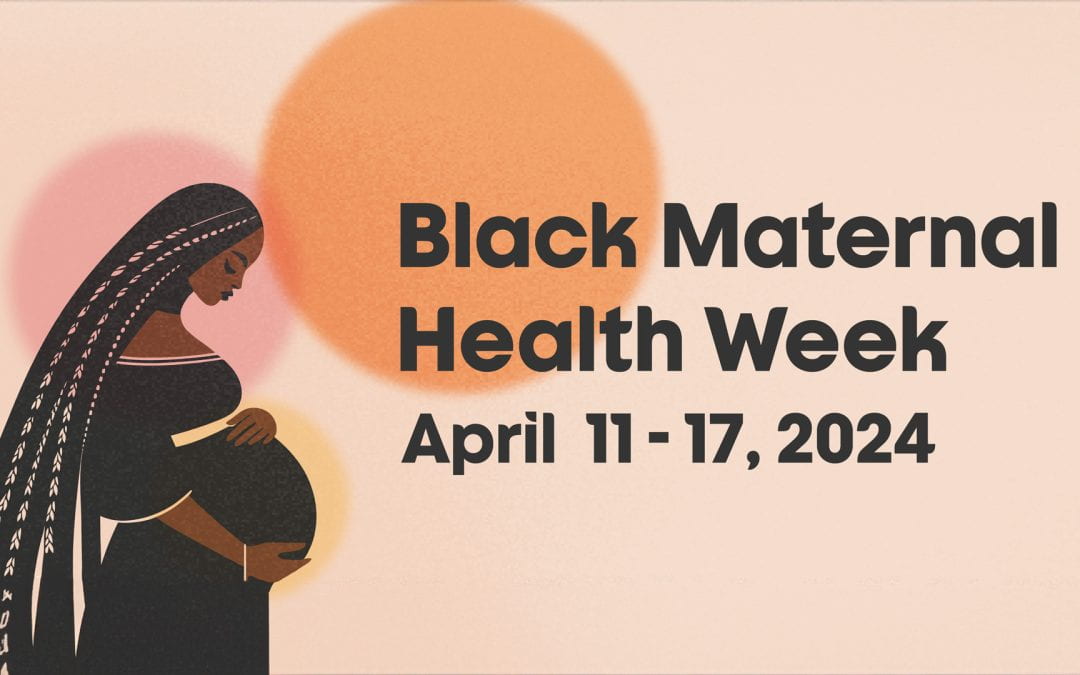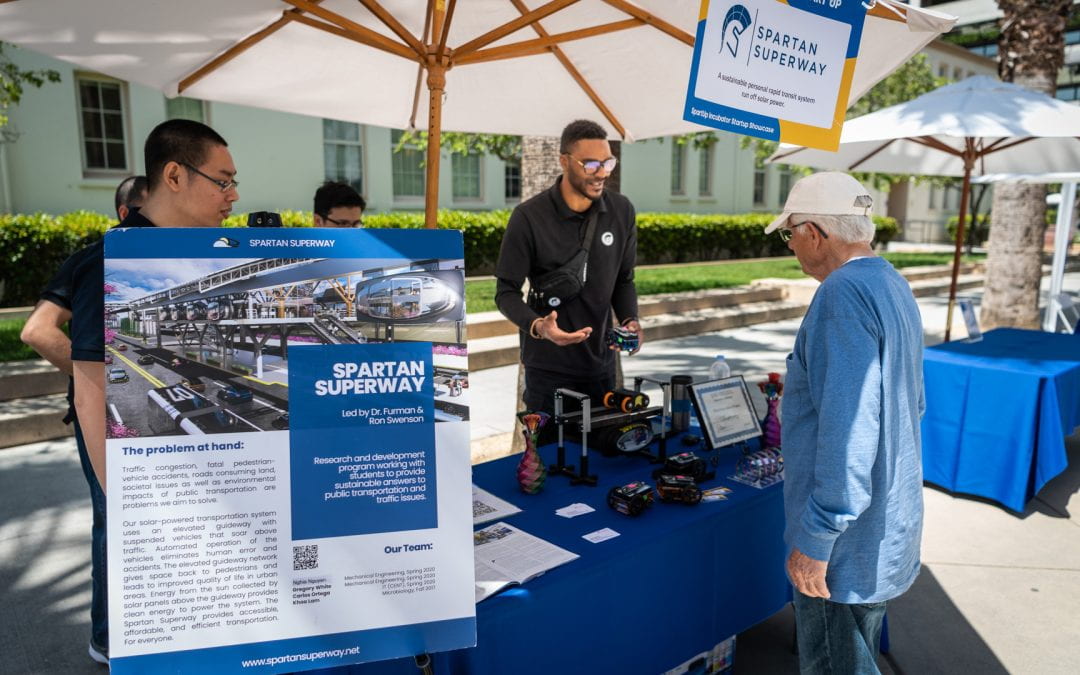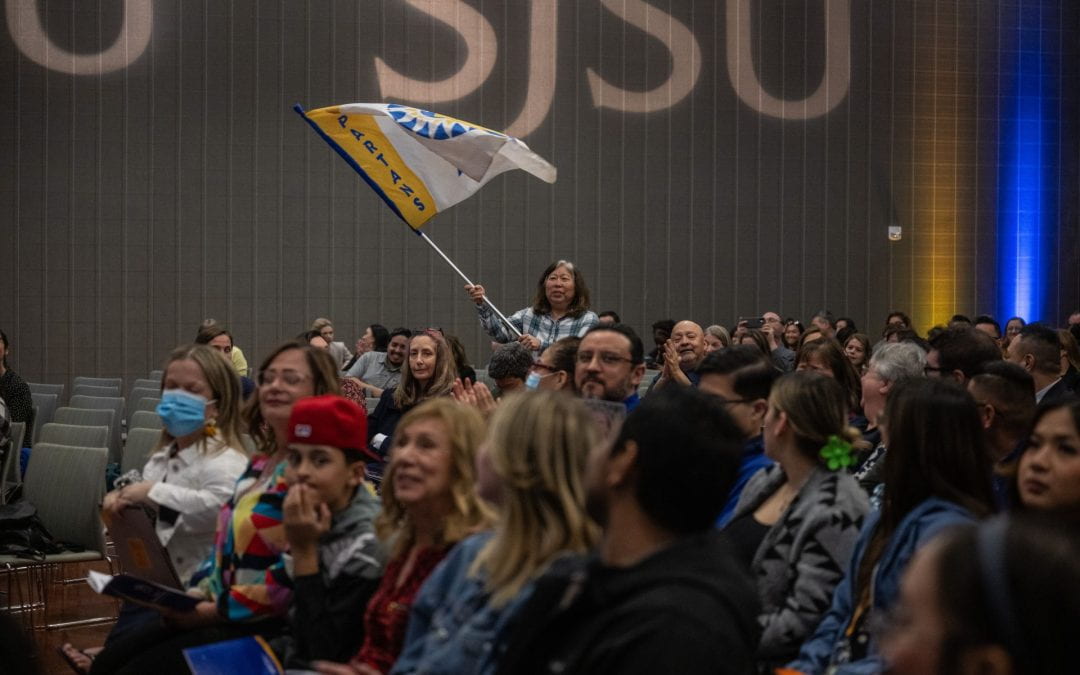Three SJSU Faculty Awarded Prestigious NSF CAREER Awards
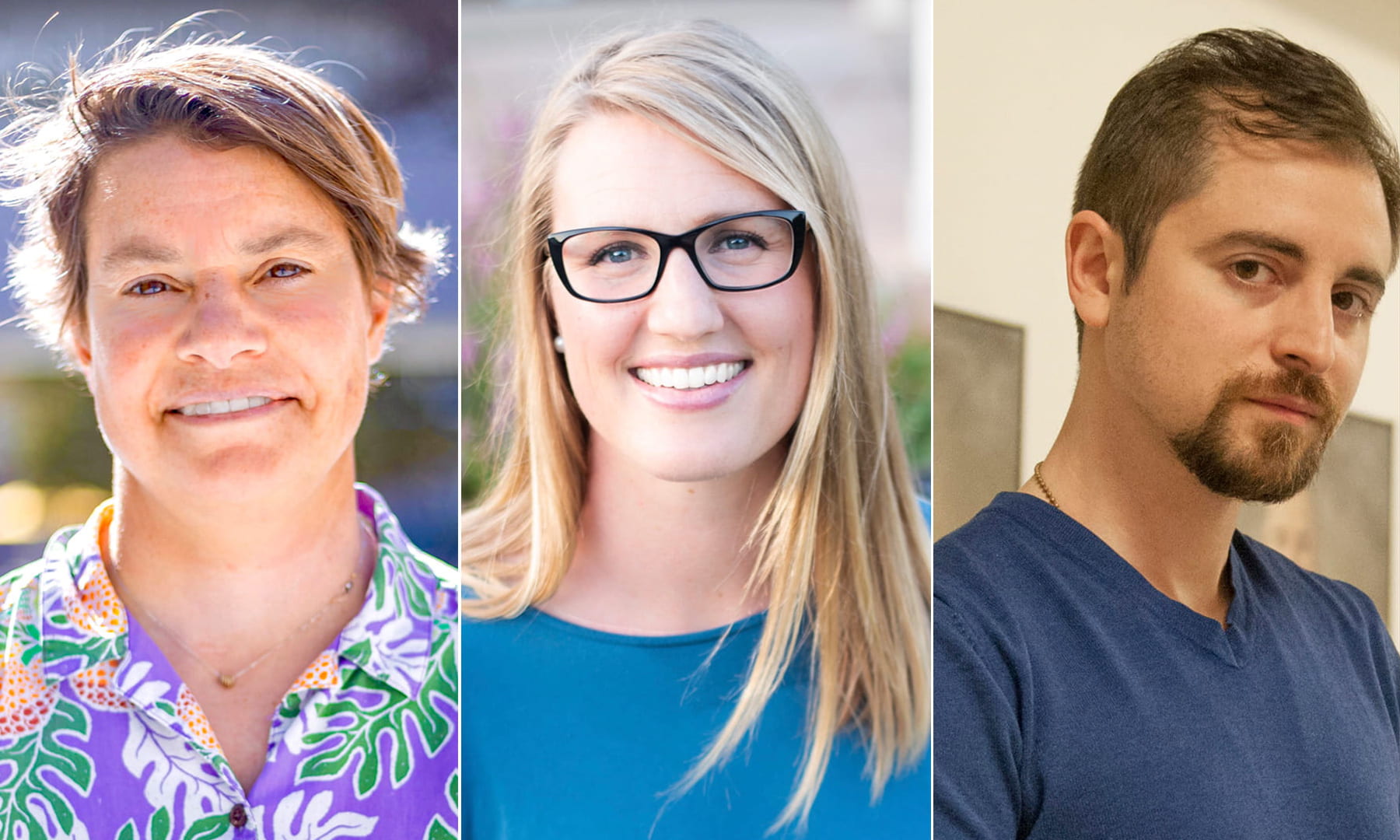
Assistant Professors Tammie Visintainer, Melissa Beresford and Ozgur Keles recently received NSF CAREER awards, bringing the total to 17 SJSU faculty members that have received the prestigious recognition for their research and teaching.
San José State University is making an impact in crucial areas of research, and the National Science Foundation (NSF) has recognized three faculty members with the Faculty Early Career Development (CAREER) award for their outstanding work.
Assistant Professors Melissa Beresford, Ozgur Keles, and Tammie Visintainer recently received the prestigious awards, which the NSF says recognize “early-career faculty who have the potential to serve as academic role models in research and education and to lead advances in the mission of their department or organization.” SJSU now has 17 faculty members who have received NSF CAREER awards.
“The NSF CAREER program is a prestigious honor, recognized across the world for identifying future leaders in science early in their careers, and we are pleased to see our faculty being recognized for the outstanding public impact research they do,” said Vice President for Research and Innovation Mohamed Abousalem. “At San José State, we focus on bringing real value to our local and global communities through faculty-led research that provides our students with unique experiential learning opportunities.”
Exploring the (moral) economy of water
Beresford’s work in anthropology focuses on how people create alternative economic arrangements to cope with resource insecurity, with a focus on water insecurity. Their research has included field work in urban areas of high inequality, including the San Francisco Bay Area and Cape Town, South Africa.
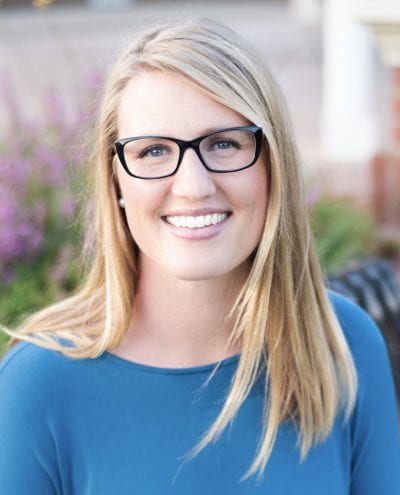
The project led by Melissa Beresford, assistant professor of anthropology, will deepen interdisciplinary understandings of the human causes of and responses to water insecurity.
Beresford’s project associated with the award’s grant of $571,323 over five years will examine when and how people manage water insecurity through reliance on market-based moral economies. Moral economies occur when people’s shared commitments to a moral right to survival obligate community members to give others access to vital resources like water. Beresford’s two-phase project will include ethnographically examining private water vending markets in the San Francisco Bay Area to understand if and when market-based moral economies for water arise before exploring if these findings can be generalized to other global sites.
In both phases, research will focus on three types of water markets (informal exchanges, semi-formal water hauling, and formal water retail stores) and three scales of social distance (exchanges between people with strong, weak or absent social ties). These metrics will test how market formality and social familiarity shape local water markets and either enable or constrain moral economies for water.
Beresford’s project will also develop a novel undergraduate research apprenticeship program that will train and mentor up to 150 undergraduate students and three master’s students in systematic research methods and team-based social science.
“My research fundamentally challenges the idea that our economic systems exist outside of our cultural understandings of the world,” said Beresford. “This work is important because half of the world’s population is expected to live in water-stressed conditions by 2040 and will increasingly need to rely on small-scale, community-based solutions to manage water (like water vending and small-scale shared water systems), rather than on large centralized public systems alone.
“I am also thrilled that this grant will enable me to train a new generation of social scientists here at SJSU on cutting-edge research methods for community-based ethnographic research and qualitative data analysis.”
Understanding strength on a molecular level
Keles’ research in chemical and materials engineering focuses on manufacturing, mechanics, sustainability, materials informatics, and virtual reality engineering education.
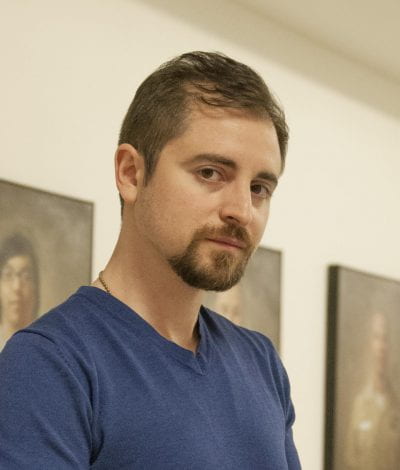
Unique collaborative design projects are planned in Ozgur Keles’, assistant professor of chemical and materials engineering and Kordestani Endowed Chair, work to enhance student creativity that can impact innovation potential of the next-generation engineers.
Keles’s grant of $599,293 over five years will fund a project that will seek to explain processing-structure-property relationships in quantum dot thermoset nanocomposites, which are used by many industries — including aerospace, transportation and electronics — though they are brittle. Quantum dot nanoparticles enhance the toughness and strength of the thermosets, but it is unclear why that is. Keles’s research will look to understand the enhancements on a molecular level, which could open up further use of quantum dots to enhance other composites — like continuous fiber, graphene and carbon nanotubes — toward multi-functional materials such as structural composite batteries.
The project will also provide opportunities for students through the creation of open-source virtual reality engineering education tools and collaborative design projects. Additionally, there will be outreach activities for underrepresented elementary and high school students in Silicon Valley.
“This CAREER award is a step towards my more ambitious goal to develop automatic discovery platforms for reliable, multi-functional systems while cultivating creative engineers who can drive sustainable socio-economic development through innovation,” Keles said.
Advancing climate justice research in the classroom
Visintainer’s research focuses are in race, identity and learning in science education; justice-centered science teacher education; and access and opportunities in science for racially and linguistically diverse students at the secondary and undergraduate levels.
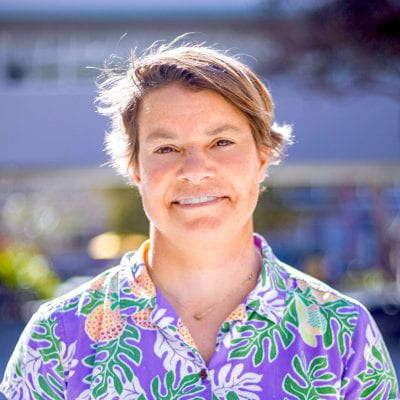
Tammie Visintainer, assistant professor of teacher education, is seeking to transform school science by supporting teachers and students from underserved districts as climate justice action researchers.
Visintainer’s grant of $786,285 will fund the project with the goal of supporting school-based science teachers and students in conducting community-based science research that explores climate justice issues of local concern in racially and ethnically diverse communities. Teachers will participate in professional learning experiences that support their development of content knowledge, scientific research practices and critical pedagogies needed to design and implement climate justice action research projects in their classrooms around the theme of extreme heat and urban heat islands — the science phenomenon where urban areas are hotter than suburban areas due to lack of trees/greenspace and the presence of heat absorbing materials. Students will identify locally-relevant issues related to this phenomenon, conduct investigations to explore the issue, share their findings through arts-based climate justice community narratives, and advocate for change.
The grant will help Visintainer establish the Justice-Centered Science Studio within the Institute for Emancipatory Education in the College of Education. Overall, the project will support 40 teachers and reach about 1,000 students over the life of the grant, and potentially thousands more in the future.
“My goal is to transform the teaching and learning of science in schools by supporting equity and justice — and fostering hope and possibility for students historically excluded from access and opportunity in science education,” said Visintainer.
“This grant creates an incredible opportunity to support young people as climate justice action researchers who use science as a tool to explore issues of local importance, share their community stories with the public, and advocate for change in real and sustainable ways.”
Learn more about the Division of Research and Innovation at SJSU.

